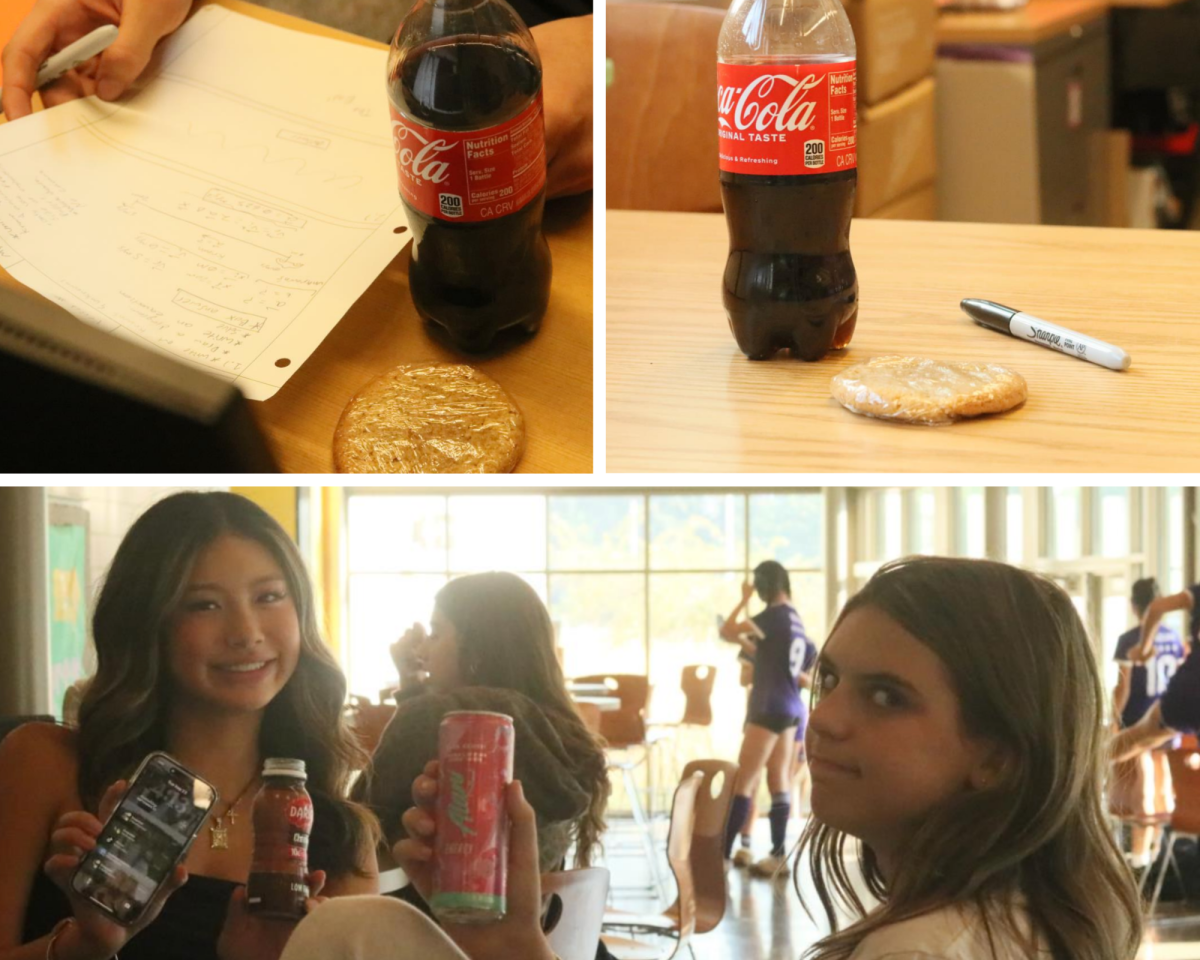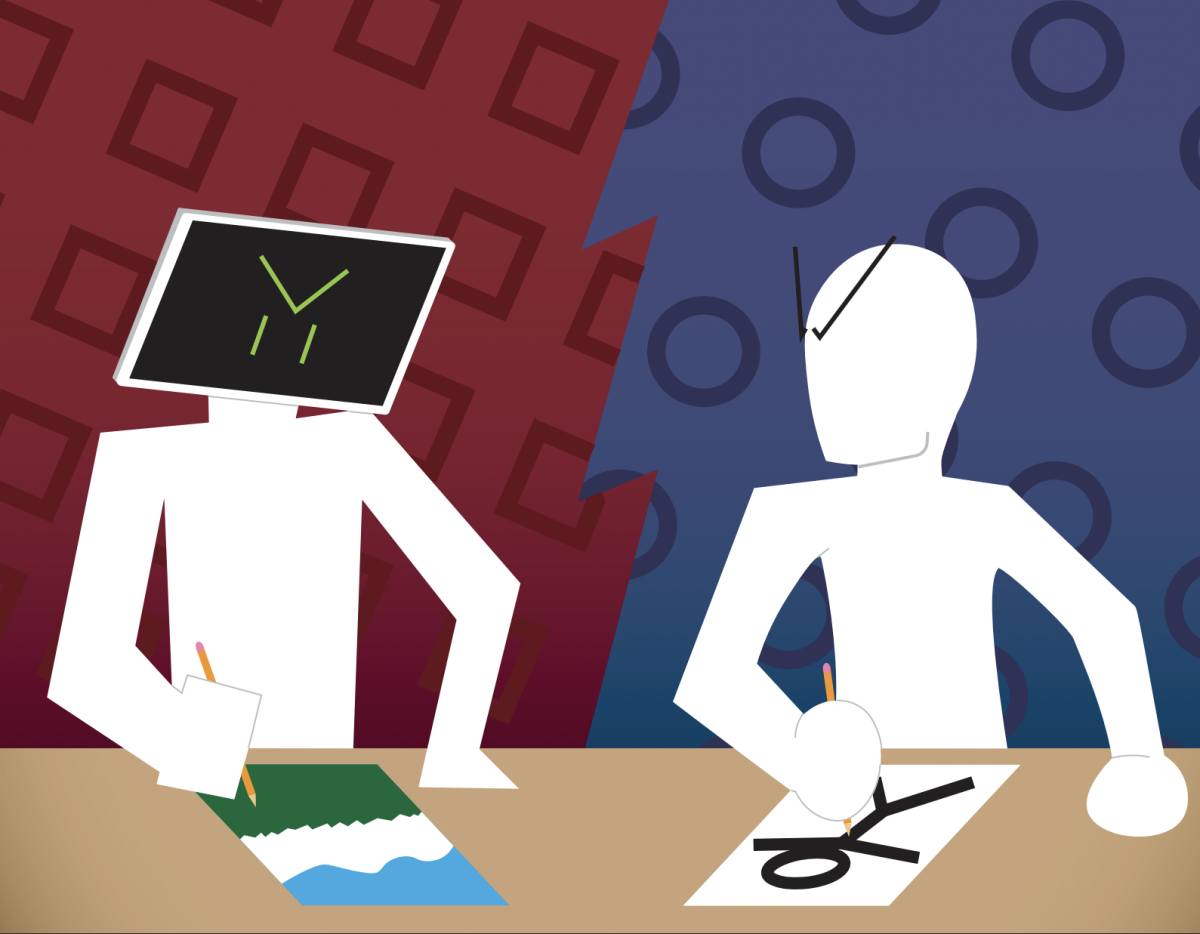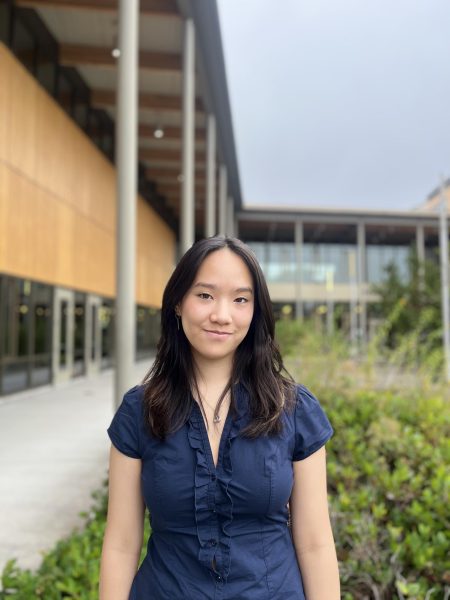Literacy is more important than ever with the rise of misinformation and political manipulation of the public to pass legislation that are impacting countless individuals. A report from Ed Trust this year warns of the danger of decreasing literacy rates across the U.S. especially in public school districts with lower income students. In 2022 a guest essay for the New York Times by John N. Friedman, an economist at Brown, argued that education is key to social mobility. According to the World Population Review, around 15% of Washington state’s population are labeled as low literacy. English classes, especially in public schools, are crucial to raising literacy rates. However with different curriculums between advance placement, honors, and regular English classes across different districts does class prejudice exist in our own community? Is quality education only offered to better funded districts and high achieving students?
The word literacy is defined by the National Literacy Trust as “the ability to read, write, speak and listen in a way that lets us communicate effectively and make sense of the world.” Almost an hour drive from Issaquah is a town based in agriculture called Mount Vernon. Among the schools in the Pudgetsound area Mount Vernon is one of the least funded and is one of the only Title One schools in our community. Seattle Public Schools defines Title I as, “a federal program that provides financial assistance to local educational agencies and public schools with high numbers or high percentages of children living in low-income households.”
Taite Kirkpatrick, a senior at Mount Vernon High School, highlighted the overlooked discrimination that their school faces: “Students in the Bellevue area, often are from affluent backgrounds who probably have more family support who are invested in their education whereas in Mount Vernon most of our people are working in agriculture…education can’t necessarily be the priority for a lot of families but then it makes literacy matter more because its a way for people to engage with the world, communicate, and advocate for themselves.” They express their frustration towards the lack of rigor offered in sophomore and freshman English classes. Not only do Mount Vernon students normally have less support with the lack of funding the district receives but even if students wanted to try more challenging material the option isn’t available.
For example, freshman year many high schools, including Issaquah High School, require students to study the original Shakesprean text of Romeo and Juliet. Mount Vernon students are given a comic book version instead. Although teachers present the option of students studying the original text in their own free time, with no support and no way to evaluate if they obtained the information. Reading the challenging text is not worth it as there is not much learning that can be accomplished if a student were to self study.
Taite advocates that simply attaining the additional funding that the school has been fighting for would help alleviate some of the problems. However it ultimately boils down to a shortage of teachers able to teach and barriers to access resources that guide students’ learning. However a more achievable change that can be made from students from better funded schools is to simply show more empathy. To be aware that other students may not have the option of taking rigorous courses and quality education. Snap judgements and stereotyping underfunded schools students as “stupid” frequently stem from a place of ignorance but can really hurt an already marginalized community.
Although Issaquah High School receives more funding that provides an array of materials to accommodate students’ different levels there are still a few adjustments that could be made. Naomi Wu, a senior, who is currently taking Advanced Placement Literature reflects on her experience in both english and history courses that have taken a crucial role in helping her develop advanced literacy skills: “ I feel like my skills in analyzing and understanding literature has definitely improved since my freshman year because of what I have learned in our English and Social studies programs … These courses have allowed me to learn about diverse perspectives throughout American history however some are less highlighted through the course because of the structure of AP classes.” Her only complaint about humanities courses at Issaquah is she wished that there was a better emphasis on indigenous culture. On the other hand she appreciated lessons on the Chinese Exclusion Act and America’s legacy with the Asian American community.
On the other hand, sophomore Macallan Lo, who is currently taking Literary Analysis & Composition 2, praised the school’s curriculum for its focus on essay skills, grammar, and vocabulary: “I feel that compared to middle school, I have really improved as a writer— there is a better emphasis on grammar and vocabulary.”
Junior James Hudson had a different experience: “I personally took honors L.A. [language arts] for my first two years of high school and opted to take American literature this year. My friends who took regular L.A. the last two years said they are struggling a lot more.” Hudson advocates for deeper and longer modules on different essay structures. He proposes that if English courses could be designed to do a type of essay each year, such as only focusing on argumentative essays freshman year, would be a better alternative than trying to learn multiple kinds in a short span of time.
The disparities in literacy education between socioeconomic classes like Mount Vernon and Issaquah High School reveal a frequently forgotten unjust systemic inequality in the Puget Sound community. Students from Issaquah High School share diverse opinions on the structure of classes that differ from each other depending on if they choose to study in regular, honors, or advanced placement classes. While the English department at Issaquah is not perfect it offers students far better opportunities than Mount Vernon High School. Addressing the inequity starts with acknowledging our privilege and understanding the barriers that restrict learning from students in Title I schools. By shedding light on inequalities that persist in our own community and advocating for legislators to take the actions necessary to build an inclusive learning space for all we play a role in advancing literacy and equal opportunity (hopefully one day) to everyone. Literacy is not just a tool for communication—it is a foundation for empowerment. Education should be a right, not a privilege.






